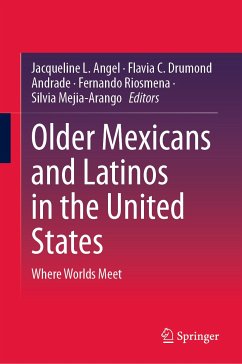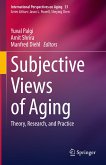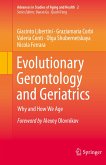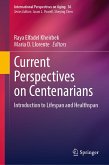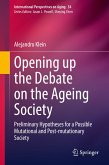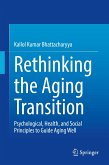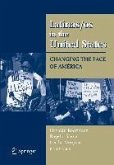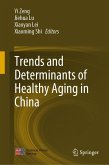The book identifies resilience factors as critical to successful aging and health in the Mexican and Mexican-American populations from a transdisciplinary perspective. It also examines the diversity in the experiences of older adults with dementia and related disorders and that of their families in Mexico and the United States. The book also helps to better understand the levels of need and support capacity in both nations and the organizational contexts of long-term care in both countries.
The ultimate goal of this sixth volume in the series on aging in the Americas is to identify critical sources of vulnerability andpossible policy options for closing the gap in affordable and sustainable long-term care and financial wellbeing for low-resource populations living with dementia and other medical conditions in both countries.
The volume presents new information, consensus data, potential venues for intervention, and action frameworks to advance current knowledge grounded in global aging health systems research of closing disparities in vulnerable populations at high risk of declining cognitive and physical health in two different political contexts. As such, the book provides a wealth of information for researchers, policy makers and professionals in the field of population aging.
Dieser Download kann aus rechtlichen Gründen nur mit Rechnungsadresse in A, B, BG, CY, CZ, D, DK, EW, E, FIN, F, GR, HR, H, IRL, I, LT, L, LR, M, NL, PL, P, R, S, SLO, SK ausgeliefert werden.

